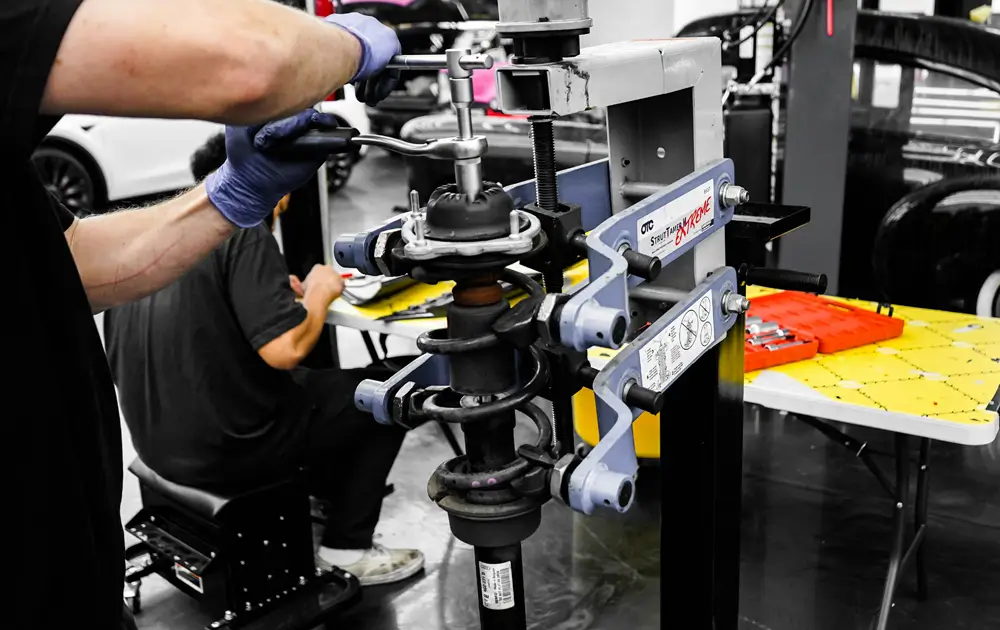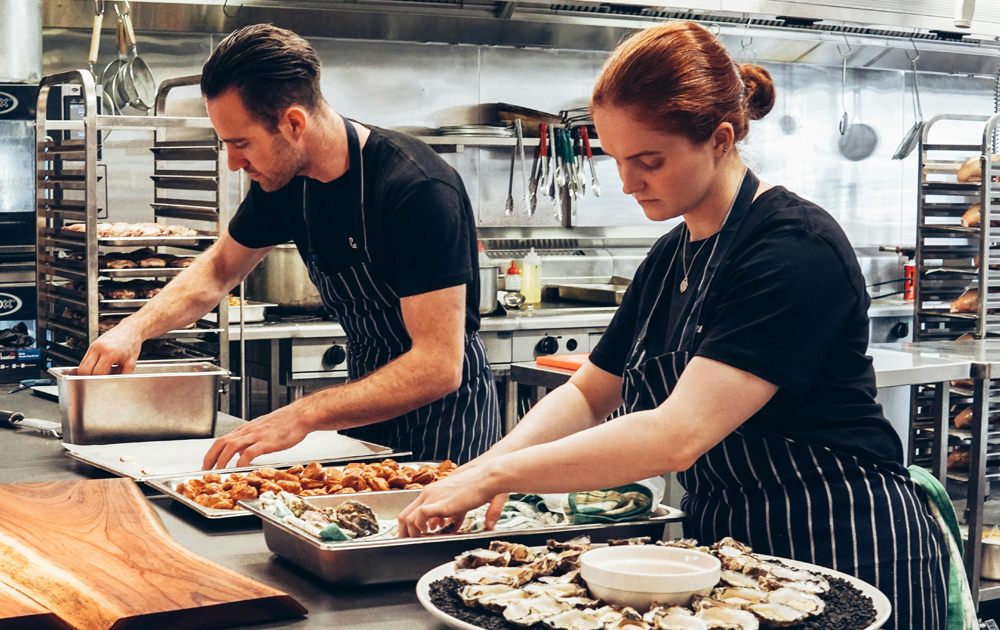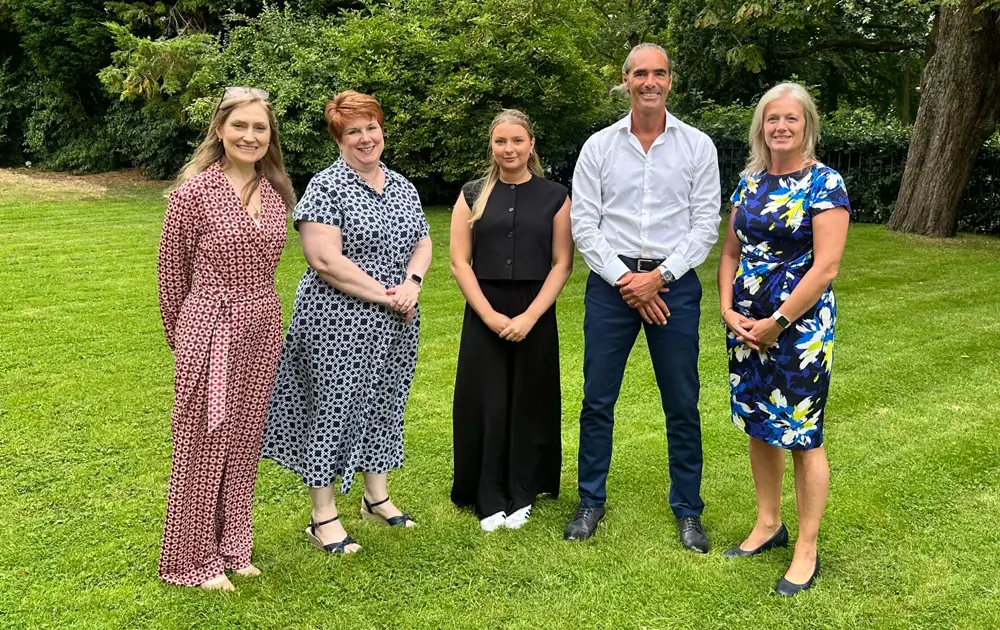Wodr x Manufacturer in North-West England

Client Background
ABC Manufacturing is a manufacturer of automotive parts with facilities across the UK. Despite their success, they faced escalating operational costs, particularly in water usage.
Their outdated systems and lack of realtime monitoring led to inefficiencies and rising expenses, prompting them to seek innovative solutions to optimise water management.
Challenges
High Water Bills: Water bills had increased by 15% annually, primarily due to inefficient water use and undetected leaks.
Outdated Infrastructure: The facility’s water systems were outdated, leading to wastage and higher maintenance costs.
Sustainability Goals: The company aimed to improve its environmental footprint but lacked the expertise to implement effective water-saving measures.
Solutions Implemented
Water Audit: Our team conducted a thorough audit to identify inefficiencies, including outdated fixtures and undetected leaks.
Smart Metering: We installed smart water meters across the facility, providing real-time data on water usage. This enabled quick detection of irregularities and leaks.
Efficient Fixtures: The introduction of water-efficient fixtures and systems, such as low-flow toilets, all to significantly reduce water consumption.
Results
Reduced Water Usage: The facility achieved a 25% reduction in water usage, translating into substantial cost savings.
Annual Savings: By cutting down on waste and improving efficiency, ABC Manufacturing saved over £100,000 annually on water expenses.
Improved Sustainability: The company enhanced its sustainability credentials, aligning with environmental goals and attracting eco-conscious clients.
Operational Efficiency: The modernised systems reduced maintenance needs, lowering operational costs and improving overall efficiency.
Water Usage in the UK Hospitality Industry

Water Usage in the UK Hospitality Industry: A 2023 Perspective
Water is an essential resource for the UK hospitality industry, powering everything from guest services to kitchen operations. However, in 2023, as sustainability becomes increasingly important, businesses are scrutinizing their water usage more than ever before. This blog delves into the current state of water consumption in the UK’s hospitality sector, exploring trends, challenges, and solutions for reducing water waste.
Current Water Usage Trends in the Hospitality Industry
In 2023, the UK hospitality industry remains a significant consumer of water. According to the latest data, the sector accounts for approximately 15% of the total commercial water usage in the country. Hotels, restaurants, pubs, and catering services are among the top consumers, with water being used for various purposes such as cleaning, cooking, laundry, and sanitation.
A typical UK hotel, for instance, consumes approximately 340 litres of water per guest daily. This figure varies depending on the size of the establishment and the services offered, with luxury hotels and resorts tending to consume more due to additional amenities like swimming pools, spas, and extensive landscaping. Restaurants also contribute heavily, using around 1,000 litres per day for every 50 meals served, primarily for cooking, dishwashing, and cleaning.
The Impact of Rising Water Costs and Climate Change
Water costs in the UK have been steadily increasing, driven by rising demand, aging infrastructure, and the need for more advanced water treatment processes. For the hospitality industry, this has led to higher operating costs. In 2023, water prices increased by an average of 4.1%, putting additional pressure on businesses already dealing with rising energy and food costs.
Moreover, climate change has exacerbated water scarcity in certain regions, particularly during the summer months. This has forced many businesses to rethink their water management strategies. The hotter, drier summers experienced in recent years have led to higher water usage for cooling systems and outdoor areas, further straining resources.
Sustainability Initiatives and Best Practices
Recognizing the financial and environmental implications of excessive water use, many businesses in the hospitality sector have started implementing sustainability initiatives. In 2023, there has been a notable increase in the adoption of water-saving technologies and practices. Some of the most effective strategies include:
- Water-Efficient Fixtures: Installing low-flow showerheads, taps, and toilets can reduce water consumption by up to 50%. Many hotels and restaurants have upgraded their facilities with these fixtures, leading to significant water savings.
- Greywater Recycling Systems: These systems allow businesses to reuse water from sinks, showers, and laundries for purposes like toilet flushing and irrigation. This not only reduces the demand for fresh water but also lowers water bills.
- Smart Water Management: Advanced monitoring systems have become more prevalent in 2023, enabling businesses to track their water usage in real-time. These systems help identify leaks, inefficiencies, and opportunities for conservation, leading to more informed decision-making.
- Employee Training: Educating staff about water conservation practices is crucial. Many businesses have launched training programs to ensure that employees are aware of the importance of saving water and know how to implement water-efficient practices in their daily tasks.
- Customer Engagement: Some establishments have also begun involving their guests in water-saving initiatives. This includes placing informational signage in rooms and public areas, encouraging guests to reuse towels and linens, and offering rewards for eco-friendly behaviour.
Looking Ahead: The Future of Water Usage in the Hospitality Industry
As the UK continues to grapple with environmental challenges, the hospitality industry’s approach to water usage will play a critical role in the country’s sustainability efforts. In 2023, we are seeing a clear shift towards more responsible water management, driven by both economic pressures and environmental concerns. However, there is still much work to be done.
Moving forward, businesses will need to continue investing in water-efficient technologies, refining their operational practices, and engaging both staff and customers in conservation efforts. By doing so, the UK hospitality sector can not only reduce its environmental footprint but also safeguard its profitability in an increasingly water-conscious world.
In conclusion, water usage in the UK hospitality industry in 2023 is characterized by significant consumption, rising costs, and a growing emphasis on sustainability. Through continued innovation and commitment to water conservation, the sector can meet the challenges of today while paving the way for a more sustainable future.
Official Partners with Worcestershire Rapids

Official Partners with Worcestershire County Cricket Club for the Metro Bank One Day Cup
In a landmark move for sports and sustainability, Worcestershire County Cricket Club is proud to announce WODR as the new front of shirt partner for the Metro Bank One Day Cup.
WODR, a pioneer in business water procurement and a sister company of Utility Stream, brings its expertise in water market navigation and commitment to eco-friendly practices to the cricketing world.
WODR’s mission centres on simplifying water supply for businesses, advocating for a sustainable future through informed choices and strategic partnerships. Their innovative approach leverages market insights and relationships with retail suppliers to secure optimal water contracts for clients, underscoring a dedication to environmental stewardship.
Joe Tromans, Head of Commercial at Worcestershire, expressed his enthusiasm for the partnership, saying, “WODR’s focus on sustainability and efficiency mirrors our values at Worcestershire County Cricket Club.
“We’re excited to join forces with a partner that not only enhances our club’s operations but also contributes positively to our community’s environmental goals.”
USL and WODR’s Directors, Nav Qayyum and Mark Edwards, echoed this sentiment. “We are thrilled to partner with Worcestershire County Cricket Club.
“This collaboration is a fantastic opportunity to showcase the importance of sustainable water use within the business sector and beyond.
“It’s about making a difference, one drop at a time,” said Qayyum. Edwards added, “Together, we aim to highlight the critical role of water efficiency in today’s world, and this partnership with Worcestershire is a step towards a greener future.”
This partnership marks a significant step forward in promoting environmental awareness through sports, setting a new standard for corporate-social responsibility in the business and sports sectors alike.
New Partnership with Churchmarketplace

Huge day at Wodr Limited HQ!
We’re thrilled to officially announce our new partnership with the Churchmarketplace! This exciting collaboration marks the beginning of a journey filled with innovation, growth, and shared success.
Together, we’re exploring innovative ways to help Catholic Schools, parishes, and organisations optimise water usage and potentially reduce costs by up to 30%.
We’re setting the stage for incredible opportunities and a brighter future ahead!
New principal shirt sponsor for Stratford Town FC

Stratford Town Football Club are delighted to announce our new commercial partnership with Wodr.
For the coming season Wodr have become our principal shirt sponsor featuring on the front of the orange home shirt and the new white third shirt. A sister company to current sponsors Utility Stream, Wodr are pioneers in the water procurement industry. Their aims are to simplify water supply for businesses by using their expertise to make informed decisions and build strategic partnerships with retail supplier to ensure the best possible deals for their clients whilst advocating for sustainability and environmental awareness.
Club reporter Archie Carter spoke with the Directors of Wodr, Mark Edwards and Nav Qayyum.
For people that don’t know, who are Utility Stream and Wodr and what are the goals and aspirations for the company?
Mark Edwards: “Utility Stream and Wodr are commercial utility consultancies and in simple terms our goal is to help businesses save money, time and be more sustainable; Utility Stream have been helping local and national businesses with their energy needs for almost 7 years; Wodr has recently launched as a sister business to disrupt the commercial water market.”
Utility Stream are extending their partnership with Stratford as their shorts sponsor, could you say why you decided to continue to partner with Stratford Town?
“Yes, we’ve been involved with the club for a number of seasons now as a sponsor and official energy partner; one of the main factors behind our decision was the level of ambition shown by Jed and the team at the club. In addition, they show a real enthusiasm for local businesses, supporters and the town in general.”
Obviously, it’s not just Utility Stream who will be one of Stratford’s sponsors next seasons, Wodr will be the main shirt sponsor for next season, how much of an honour is it for you to be such a big part of Stratford’s season next year in that sense?
“It’s fantastic! I’m so pleased that we’ve been able to make this happen and build on the collaboration from previous seasons.”
What are your hopes for Stratford Town this season as their sponsor?
Nav Qayyum: “Hopes are high, that’s for sure. There was a real buzz around the club last season – on and off the pitch – so our hopes are for another big season with better fortunes in the FA Cup of course!”
How much of an impact would you say this news with Stratford Town will have for your business?
“Our aim is to grow our business nationally whilst having a strong local presence and we’re really confident our relationship will help us achieve that.”
Are there any words you would like to say to Stratford Town fans regarding the upcoming season?
“As always, fans make a real difference so please do everything to show up and support The Bards.”
Stratford Town’s Commercial Manager said “I’m really pleased to see our partnership grow with the guys from Utility Stream. To have their new company Wodr as our new principal shirt sponsor embraces the achievements of all at the club who have drove the club forward of the past few years and put us in the heart of our community.”
“As our utility’s suppliers Mark & Nav’s team are superb in bringing the club the best deals in the market. Particularly during the pandemic when the markets were so volatile. Their expertise was invaluable in guiding us through the ever-changing picture of utilities.”
Pictured: Wodr Directors Mark Edwards and Nav Qayyum with Stratford Town Commercial Manager Steven Burge.
Water Usage in the UK Agricultural Industry

What Happened in 2023 and What’s Coming in 2024
Water is a vital resource for agriculture, and its management has become increasingly critical in the UK. As we look back at 2023, it’s clear that water usage in the agricultural sector has been significantly impacted by climate change and evolving regulations.
2023: A Year of Rising Demands and Innovative Solutions
- Climate Change Intensifies Water Scarcity: The UK experienced hotter, drier summers in 2023, leading to increased water demands for irrigation, particularly in the South East and East. The Environment Agency reported a slight uptick in agricultural water usage, reaching around 200 million cubic meters.
- Regional Disparities in Water Consumption: While some regions, like the South East and East, faced severe water shortages, others, such as the North and West, benefited from more consistent rainfall. This highlighted the uneven distribution of water resources across the UK.
- Adoption of Water-Saving Technologies: Farmers responded to the challenges by embracing innovative water-saving technologies. Drip irrigation, soil moisture sensors, and rainwater harvesting systems became more common as they sought to reduce water waste and improve efficiency. Government incentives played a crucial role in promoting sustainable farming practices.
- Stricter Water Regulations: The Environment Agency introduced tougher controls on water abstraction to address water scarcity, particularly in vulnerable areas. Farmers were required to demonstrate sustainable water use practices and invest in efficient technologies.
Looking Ahead to 2024: What’s on the Horizon?
- Continued Climate Pressure: The trend of warmer, drier summers is expected to persist, further intensifying water demand for agriculture. Farmers will need to adapt their practices and invest in advanced technologies to cope with these challenges.
- Tightening Regulations: The UK government is likely to introduce even stricter regulations to improve water efficiency in agriculture. This may include further restrictions on water abstraction and incentives for adopting innovative technologies.
- Technological Advancements: AI-driven irrigation systems and other advanced technologies are expected to become more prevalent in 2024. These innovations can optimize water usage, enhance efficiency, and improve resilience to climate change.
- Economic Pressures and Rising Costs: The rising cost of energy and the need to comply with stricter regulations may increase operational costs for farmers. However, investing in sustainable practices can help mitigate these challenges.
- Growing Consumer Demand for Sustainability: Consumers are increasingly aware of the environmental impact of their food choices. This may lead to increased demand for sustainably produced food, driving the need for water-efficient farming practices.
Conclusion
The UK’s agricultural industry faces significant challenges related to water usage. By embracing innovative technologies, complying with regulations, and meeting consumer demands for sustainability, farmers can ensure a resilient and sustainable future for the sector.
